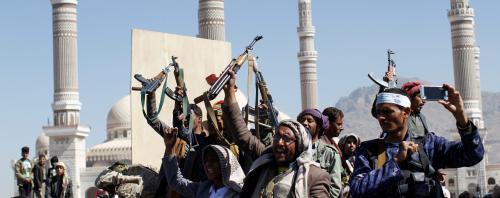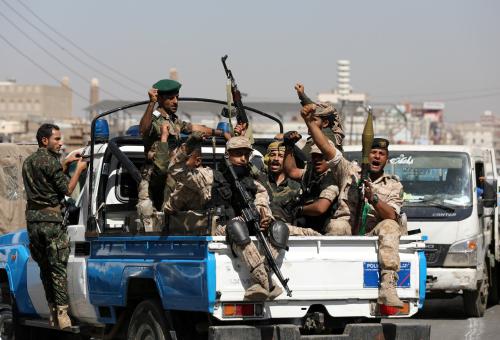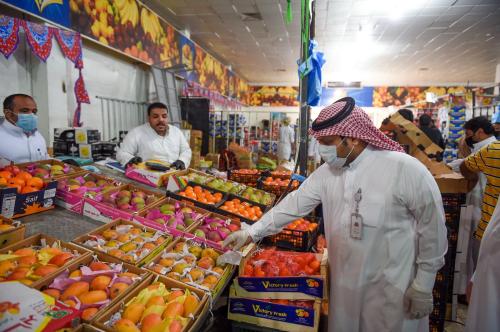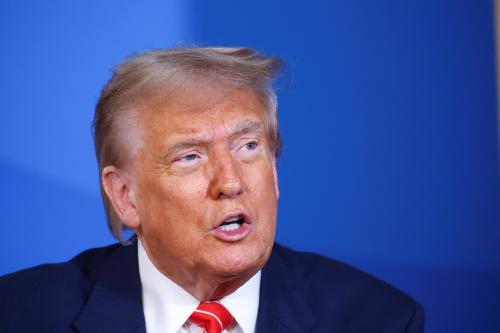On Saturday night, March 28, two missiles were fired at the Saudi capital of Riyadh. They were intercepted by Saudi defenses, but two Saudis were injured in the falling debris. Another missile was fired at the city of Jazan. This is the first attack on the Saudi capital since last September’s devastating attacks by Iran on the Abqaiq oil refinery center.
The Houthis in Yemen took credit for the attack. They said Zulfiqar missiles were used, a reference to the sword of Ali, the hero of Shiite Muslims. A day earlier, the Houthis used drones to attack Saudi border towns close to Yemen. The Saudis have responded with air strikes in Sana’a and Hodeida in Houthi-controlled northern Yemen.
The United Nations has been trying to leverage the coronavirus pandemic as a means to get a ceasefire in Yemen so it can concentrate the country’s slim resources to fight the virus. All the internal parties — including the government of President Mansour Hadi and the Houthis, as well as the Saudis and Iranians — have praised the U.N. initiative. No formal agreement went into effect, but the Houthis have not fired a missile at the Saudi capital in a year. Since the September strikes by Iran, the air and missile war has deescalated.
Yemen has not yet reported a COVID-19 outbreak, but its primitive health care system is in no condition to deal with an epidemic. The Saudis have systematically targeted the health infrastructure of the country over the last four years. When the virus arrives, an already catastrophic humanitarian disaster will get worse. Millions of Yemenis, especially children, are seriously malnourished and very vulnerable.
So why are the Houthis attacking Riyadh now? Information on the war in Yemen, and especially about the Houthis, has always been hard to get, and the global pandemic has grabbed the media’s attention.
Part of the reason, probably, is that the Houthis are winning. Since January, they have made significant advances on the ground, especially in Jawf province along the Saudi border. They are now poised to attack the city of Marib, the last stronghold of the Hadi loyalists in the north. The most militant Houthis are probably reluctant to forego this advantage on the ground.
Iran is involved in Houthi decisionmaking. Tehran undoubtedly wants the Saudi kingdom to remain bogged down in the Yemeni morass. Iranian-backed militias are also stepping up rocket attacks against U.S. positions in Iraq, and Iran is mounting a well-orchestrated campaign to undercut U.S. sanctions. And they’re doing it while entrenching their position in Iraq and the Gulf vis-à-vis the United States. COVID-19 may take as many Iranian lives as the 8-year war with Iraq in the 1980s, but at least at the end of this crisis, Iran is poised to land in a stronger strategic position.
Saudi Arabia and Iran have been engaged in proxy wars with each other for 40 years, since the Iranian revolution. Yemen is now among the victims of that conflict. Ironically Riyadh is now under fire, not Tehran.
The Brookings Institution is committed to quality, independence, and impact.
We are supported by a diverse array of funders. In line with our values and policies, each Brookings publication represents the sole views of its author(s).








Commentary
Why are Yemen’s Houthis attacking Riyadh now?
March 30, 2020